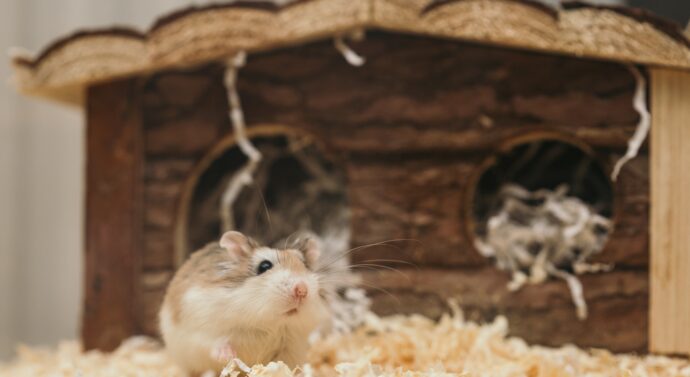
Hamster pandemic: Hong Kong disposes of thousands of Covid-positive hamsters
News February 18, 2022, Comments Off 63Have you ever watched those super cute videos of kids opening up their presents and finding the animal they have been wanting for so long? They begged their parents for a pet, and now they finally have one. Well, now imagine having that pet taken months later because a local store reported that 11 of their store animals were confirmed to test positive for Covid-19.
Around 2,000 animals have been taken from their owners and forcefully put down. Despite the low risk of animals spreading Covid-19 to humans, Hong Kong was not willing to take chances. They have a zero tolerance policy on Covid-19, still having a lot of control over what goes in and out of Hong Kong.
This has brought on several previous cases, like in China where several cats were put down for testing positive for Covid-19.
Due to this event, hamsters are no longer allowed to be sold in Hong Kong and small animals cannot be imported, because the previous store mentioned had some pets imported for the Netherlands, where they suspect the spread of the virus from hamster to human to originate from.
Two employees that worked in the store contracted the virus, one of which worked very personally with the animals, like cleaning out their cages and handling them.
It is advised that they do not kiss or abandon their hamsters if they have purchased them before Christmas. This is being done with the intention of taking those hamsters and limiting the risk of spreading the virus. Furthermore, owners must also report for testing themselves after having these pets.
In the United States, we do not have such strict restrictions. But the CDC does recommend that you be wary when handling your pet. It is advised that if you are at risk of Covid-19, and think you have it, to quarantine away from your pet so that you do not risk the chance of giving it to your pet. Instead, try to get someone else to take care of your pet to limit that risk.
Article by Rylan DeHaven